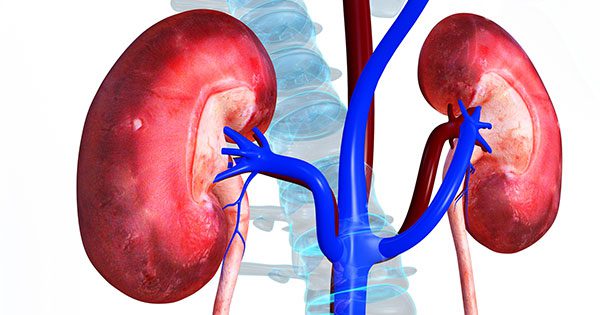Specialists treating kidney diseases in Nigeria are urging for tougher regulations on carbonated and alcoholic beverages to curb the increasing cases of organ failure.
They are concerned that these drinks have high levels of sugar and other substances that can harm the kidneys over time. They are calling for government intervention to control the production and sale of these drinks.
This plea was made on Thursday at a rally organized by the Kidney Department of the Federal Medical Centre, Ebutte-Metta to mark World Kidney Day, with the theme, ‘Kidney Health For All’.
World Kidney Day is an annual global health awareness campaign observed every second Thursday in March. It aims to raise awareness about healthy lifestyles, risk factors, and ways to deal with kidney diseases.
During the rally, Monisola Ogunleye, Head of the Dialysis Unit for nurses at the hospital, proposed banning the sale of drinks with high sugar content and enforcing stricter labeling requirements.
She also recommended a public education campaign to increase awareness about the dangers of kidney disease and its relation to these drinks.
Ogunleye cautioned that without these measures, the number of people suffering from kidney damage is likely to continue increasing.
She emphasized the need for the government to take action to prevent a rise in kidney disease, similar to the measures taken against tobacco. She highlighted the role of alcoholic and carbonated drinks in causing kidney problems, particularly among young individuals.
She urged the government to allocate more funds for public enlightenment and awareness so that people can understand the risks associated with certain products they consume.
However, Ogunleye advised individuals to consume more water to preserve the health of their kidneys.
She stressed the importance of adequate water intake, emphasizing that consuming about two to three liters of water daily can benefit the kidneys and protect them from harm.
“We have observed an increasing prevalence of kidney problems among both young and elderly individuals. We want to raise awareness so that people can take better care of their kidneys.
She highlighted the importance of adequate water intake in preventing the accumulation of harmful substances in the body.
Ogunleye cautioned against excessive consumption of carbonated and sugary drinks, as well as excessive salt and alcohol intake, all of which can lead to kidney damage. Additionally, indiscriminate use of certain pain relief medications can also impact and harm the kidneys.
A nephrologist at the hospital, Dr Danladi Nmadu, expressed sorrow that the kidney is a greatly ignored organ.
The doctor expressed worry about the increasing number of patients with kidney failure. He said the improper management of diabetes and high blood pressure cases is adding to the rising cases.
He warned Nigerians to decrease their salt and sugar intake, emphasizing the importance of early detection and treatment.
Nmadu mentioned that the hospital organized the rally to raise awareness among the people living around Ebutte-Metta and to screen them for kidney disease.
“Today we are trying to do sensitisation on kidney care and things people need to do to prevent having kidney disease.
“We are making a lot of noise about kidneys, we will be screening people on the street, and we will be checking their urine and blood for kidney disease.
“Our diets are becoming more Western, so, the incidence of diabetes and hypertension is increasing. In addition, people are more educated, and more people know about these illnesses and because a lot of people now visit the hospital, that is why we have an increase in cases of kidney disease.
“People should try and reduce the amount of salt and I am encouraging people to drink enough water because it is really important for the kidney,” he stated.
According to the National Kidney Foundation, chronic kidney disease includes conditions that damage the kidneys and decrease their ability to keep the individual healthy by filtering wastes from the blood.
The Global Burden of Disease 2015 study by the World Health Organisation estimated that, globally, 1.2 million people died from kidney failure, an increase of 32 per cent since 2005.
According to the World Health Organisation, in 2010, an estimated 2.3 –7.1 million people with end-stage kidney disease died globally without access to chronic dialysis.



